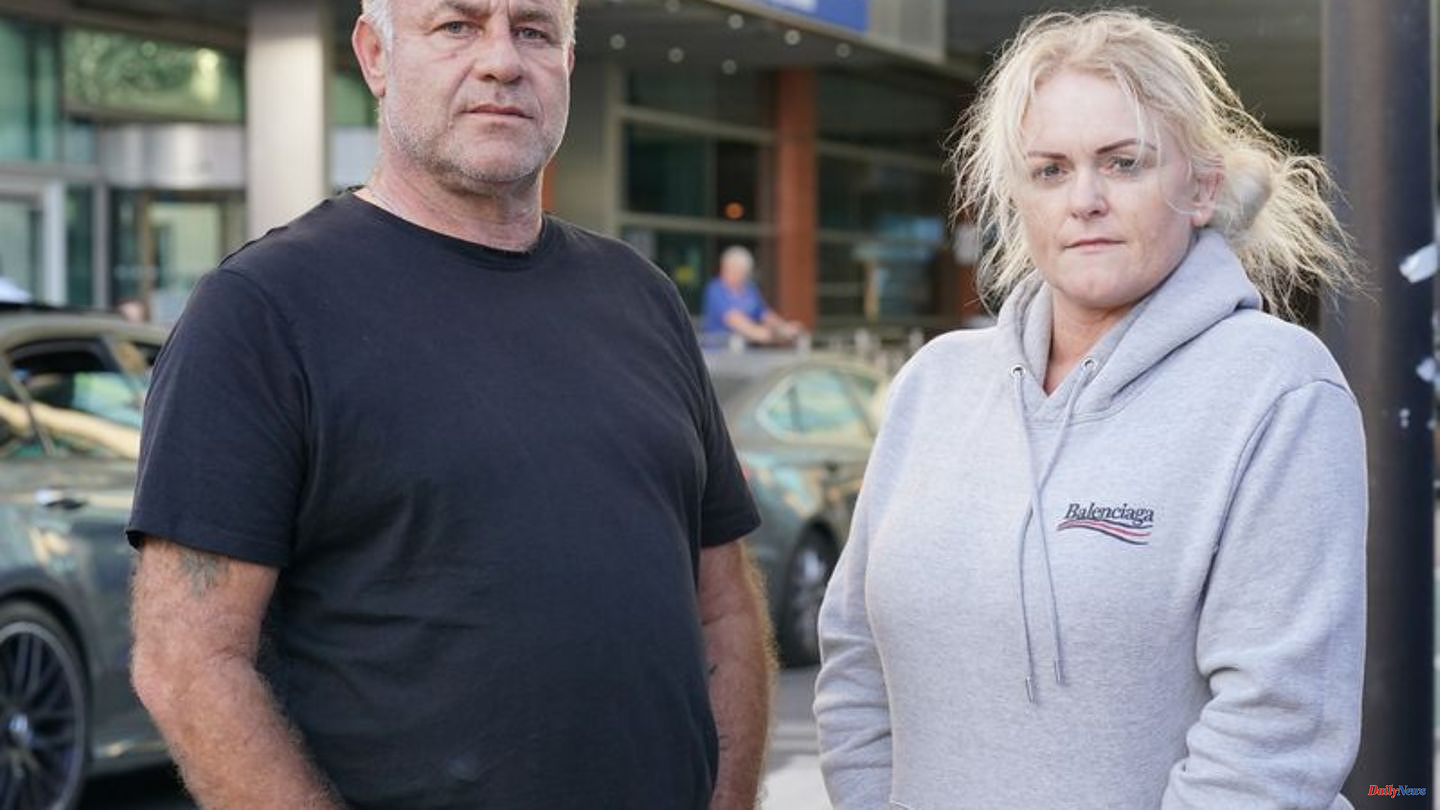Actually, Archie should have died on Monday. At 2 p.m. London time, the devices keeping the terminally ill twelve-year-old alive in England were to be switched off. Then on Tuesday at 12 noon. Then later Wednesday, 11:00 a.m. Now the time of his death is completely open again.
It's Archie's parents who have kept their son alive with a never-ending legal battle. "I will fight to the bitter end," announced his mother, Hollie Dance. The fate of her son now lies in Strasbourg, at the European Court of Human Rights (ECtHR).
Archie has been in a coma since April. He had suffered serious brain injuries in an accident at home in Southend-on-Sea, possibly during an internet dare. The doctors no longer have any hope that his condition will improve significantly - on the contrary. This is also the reason why all British courts - up to and including the Supreme Court - have refused to continue life support.
Legal tour de force
The Supreme Court justices said on Tuesday that since there was no prospect of a real recovery, life support would only "prolong dying".
In what is probably the last legal effort, the family's lawyers have now turned on the ECtHR. The ECtHR is not an organ of the EU, but of the Council of Europe, and thus continues to be responsible for Great Britain. Archie's parents submitted a request just hours before the devices were last scheduled to shut down on Wednesday. "At some point I'm going to need serious therapy," Hollie Dance told reporters outside the east London hospital afterwards. "But right now I don't have time to think about it." In the evening, however, the court announced that the requested injunction would not be issued.
Hardly any chances for the boy
Barts NHS Health Trust, which runs the hospital, pledged to keep the equipment running pending court decisions. It was initially unclear how long it would take for the judges in Strasbourg to make a decision.
However, the family seems to be slowly accepting that there are hardly any chances for Archie at home. However, there have been offers from Japan and Italy, where they are willing to continue treating Archie. "He should be allowed to do that," said Dance, who believes her son's health is improving. Otherwise she wants to at least fight to ensure that Archie can die in a quiet environment in a hospice - instead of in a noisy, sterile hospital room. But: "That would be the worst-case scenario." For now, she doesn't want to think about it.
Archie's tragic case is reminiscent of similar disputes over terminally ill children in Britain. What is in the best interests of the patient is often decided by judges on the recommendation of medical professionals. The UK health service, which is under severe financial pressure, tends to withdraw life support much earlier than would be the case in Germany, for example, where conflicts are sometimes more likely to arise when the sick or loved ones want to turn off equipment of their own volition.












